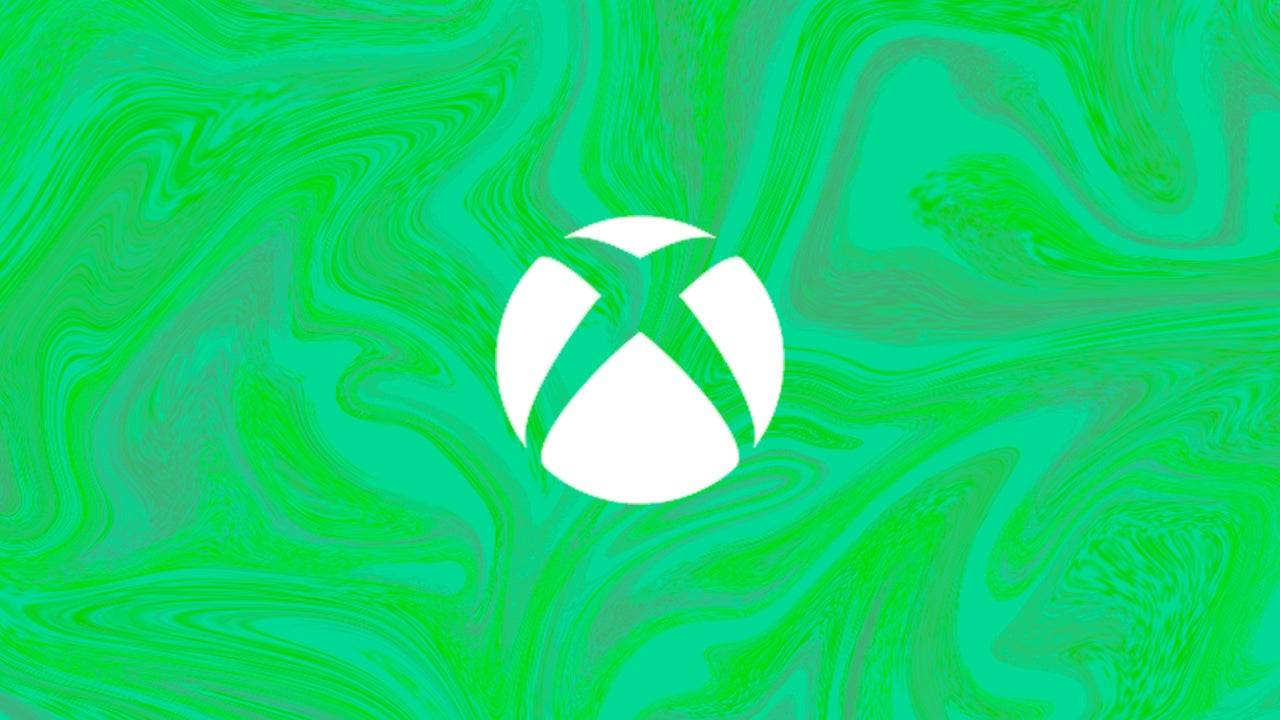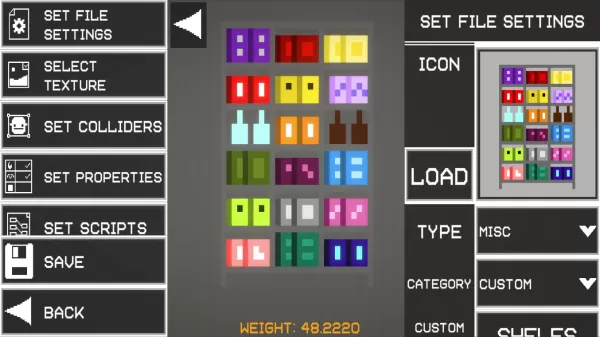With Monster Hunter Wilds just weeks away from its release, Capcom has rolled out a PC benchmark on Steam to help players gauge their system's readiness. In an exciting twist, Capcom has also lowered the official PC system requirements, making the game more accessible to a wider range of hardware setups.
During the recent Capcom Spotlight, it was revealed that the PC benchmark for Monster Hunter Wilds is now live on Steam. This tool, which requires shader compilation upon first load, is user-friendly and provides a clear indication of how your system will perform. It's especially useful in light of the updated system requirements, so it's wise to run the benchmark to see how your setup fares.
Previously, to achieve 1080p at 60 frames per second with Frame Generation enabled, players needed an Nvidia GeForce RTX 2070 Super, NVIDIA GeForce RTX 4060, or AMD Radeon RX 6700XT graphics card, coupled with an Intel Core i5-11600K, Intel Core i5-12400, AMD Ryzen 5 3600X, or AMD Ryzen 5 5500 CPU, and 16 GB of RAM.
Now, the updated requirements are more lenient. For a recommended setup at 1080p (FHD) and 60 frames per second with Frame Generation enabled, here's what you'll need:
- OS: Windows 10 (64-bit required) / Windows 11 (64-bit required)
- Processor: Intel Core i5-10400 / Intel Core i3-12100 / AMD Ryzen 5 3600
- Memory: 16 GB
- Graphics Card (GPU): GeForce RTX 2060 Super / Radeon RX 6600 (8 GB VRAM)
- Storage: 75 GB (SSD required)
These new specifications should allow Monster Hunter Wilds to run smoothly at 1080p and 60 frames per second with Frame Generation enabled, marking a slight but significant reduction in hardware demands.
All Monsters in Monster Hunter Wilds
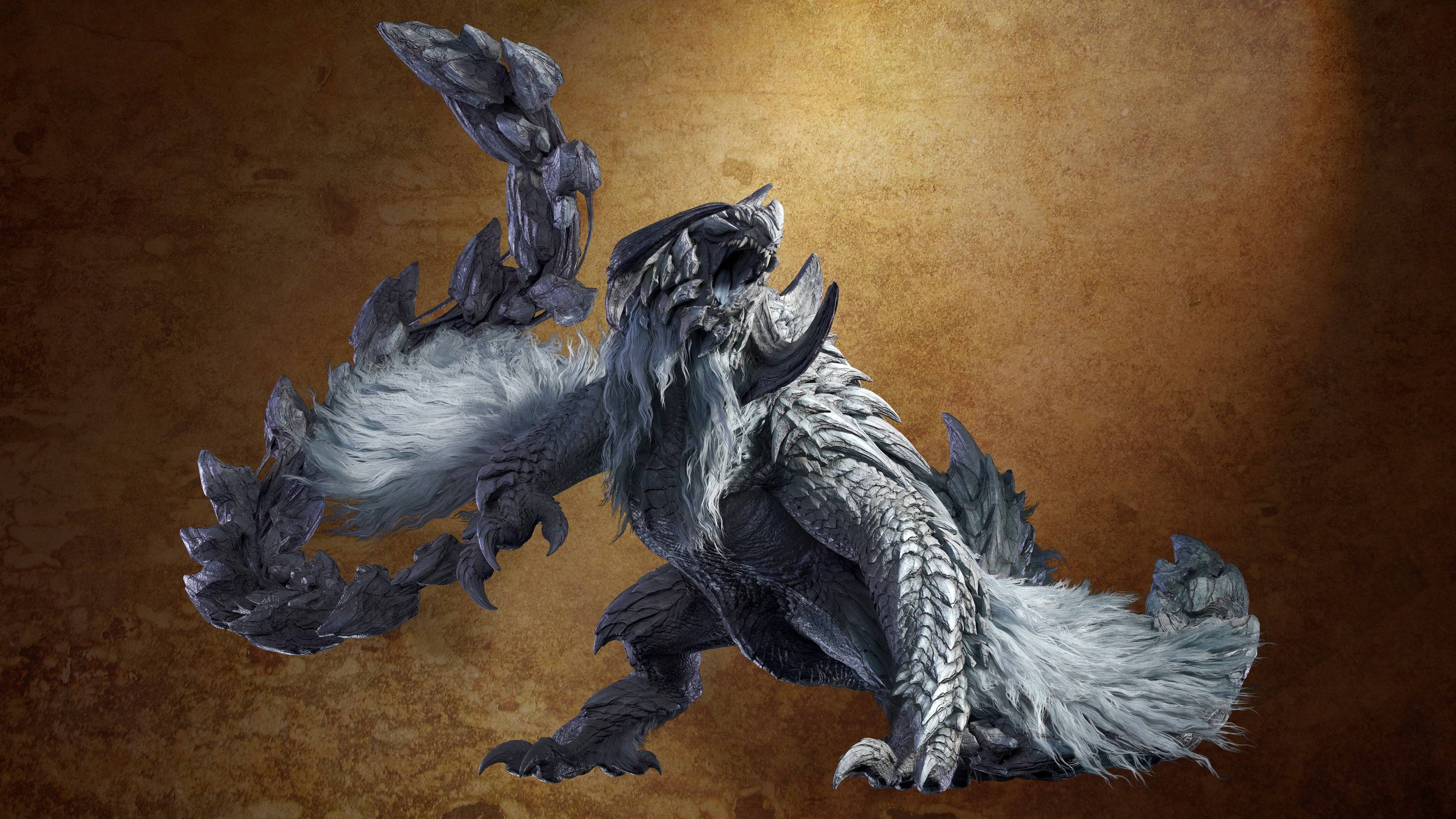
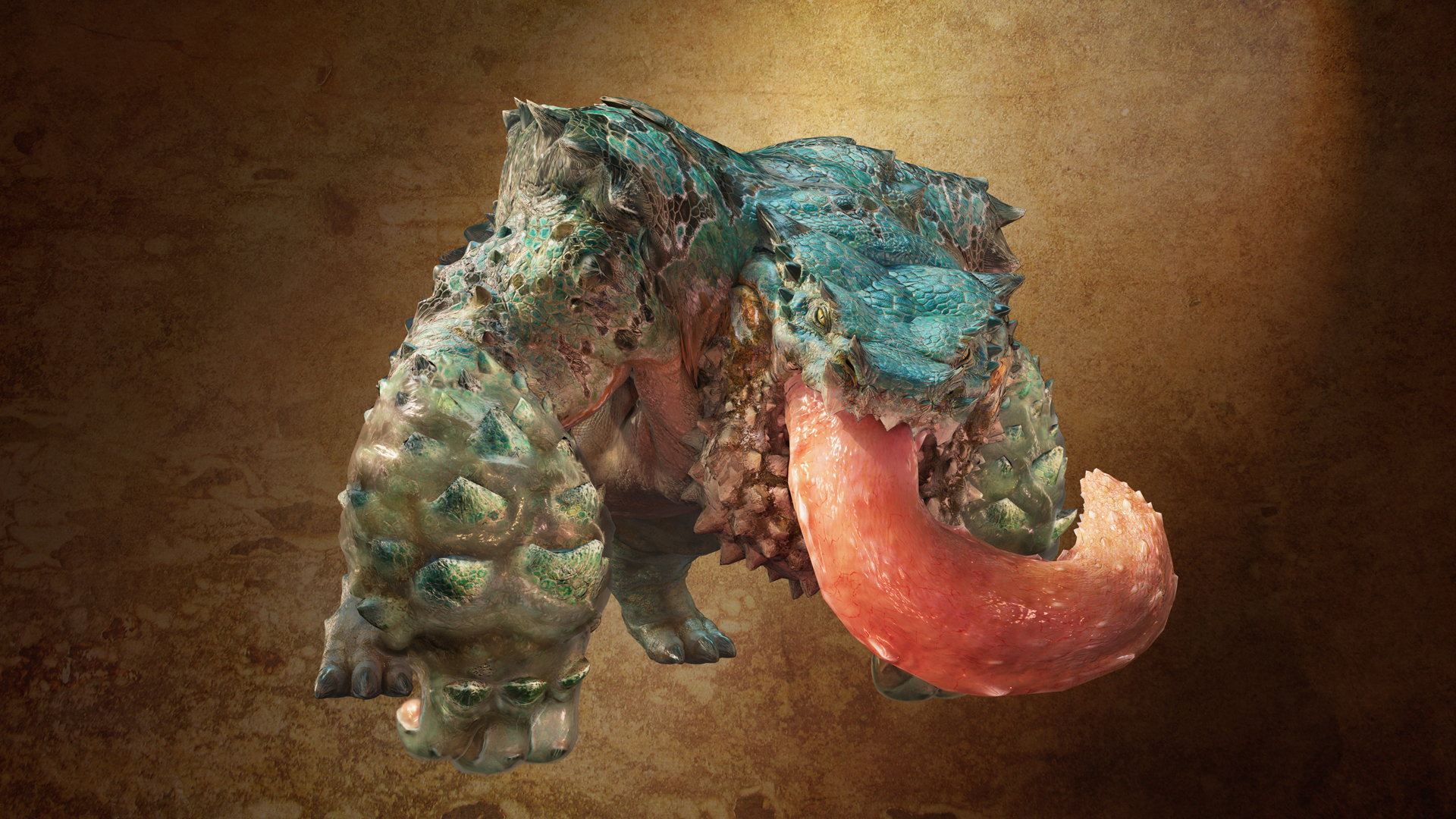
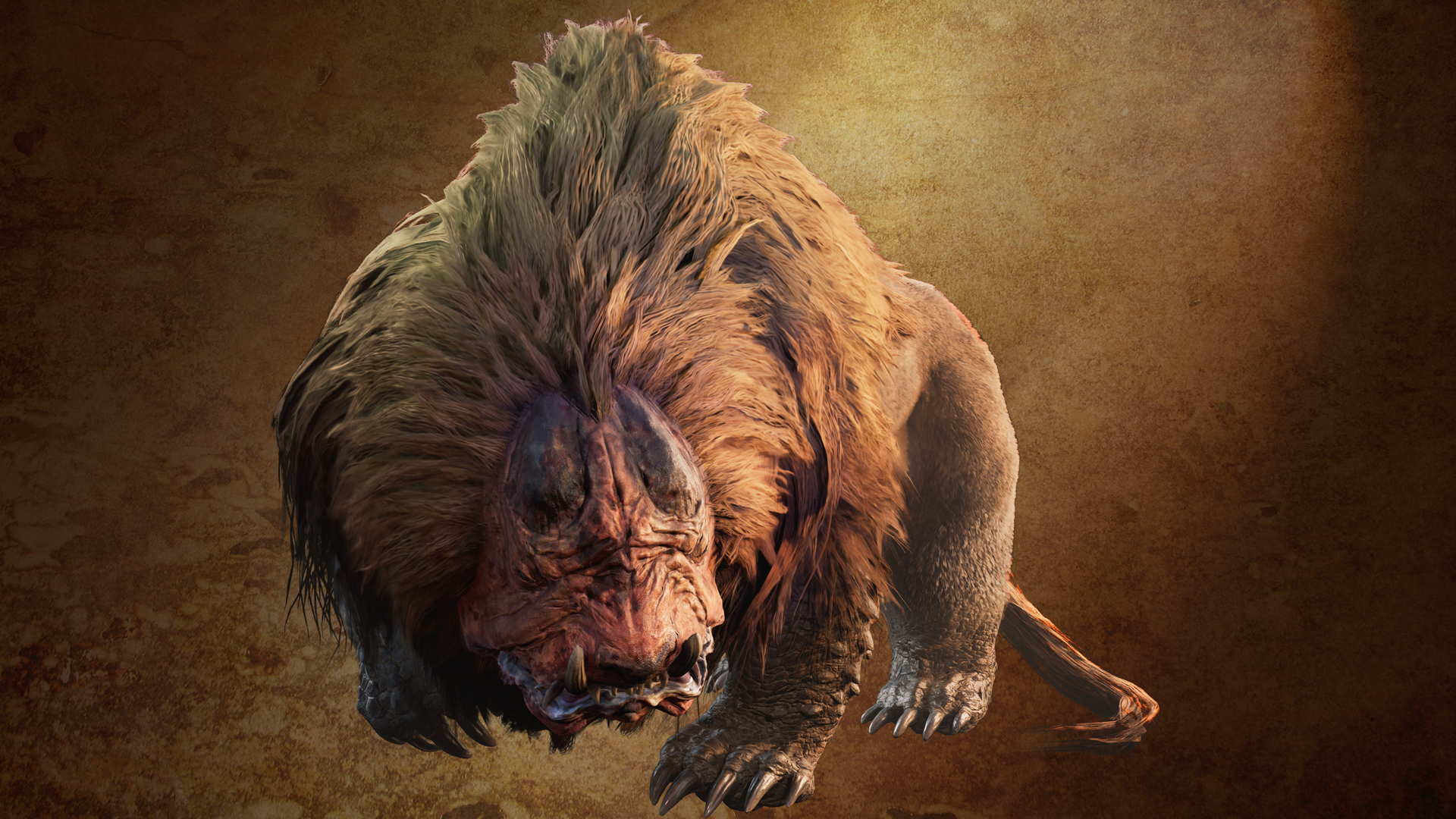
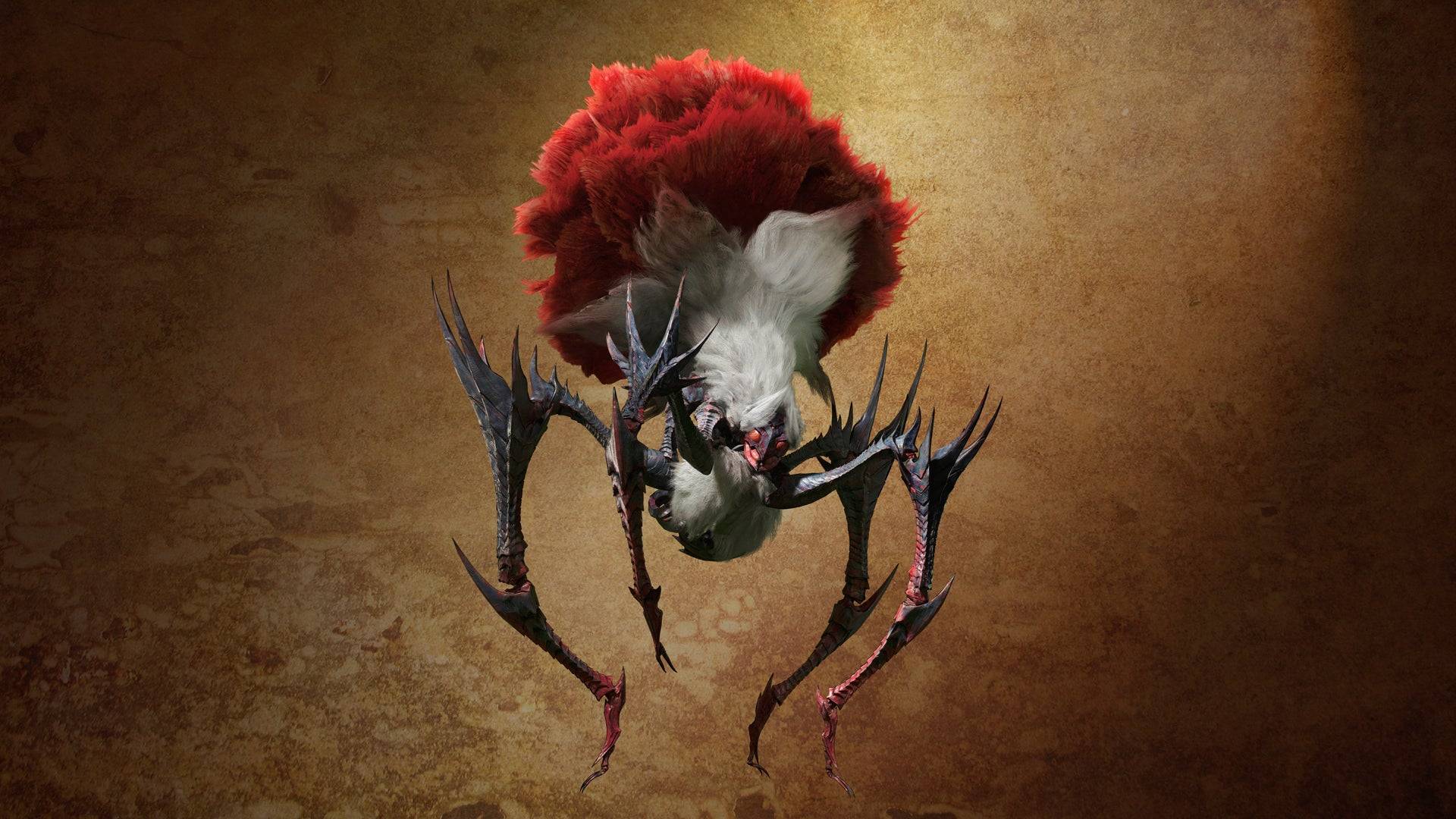
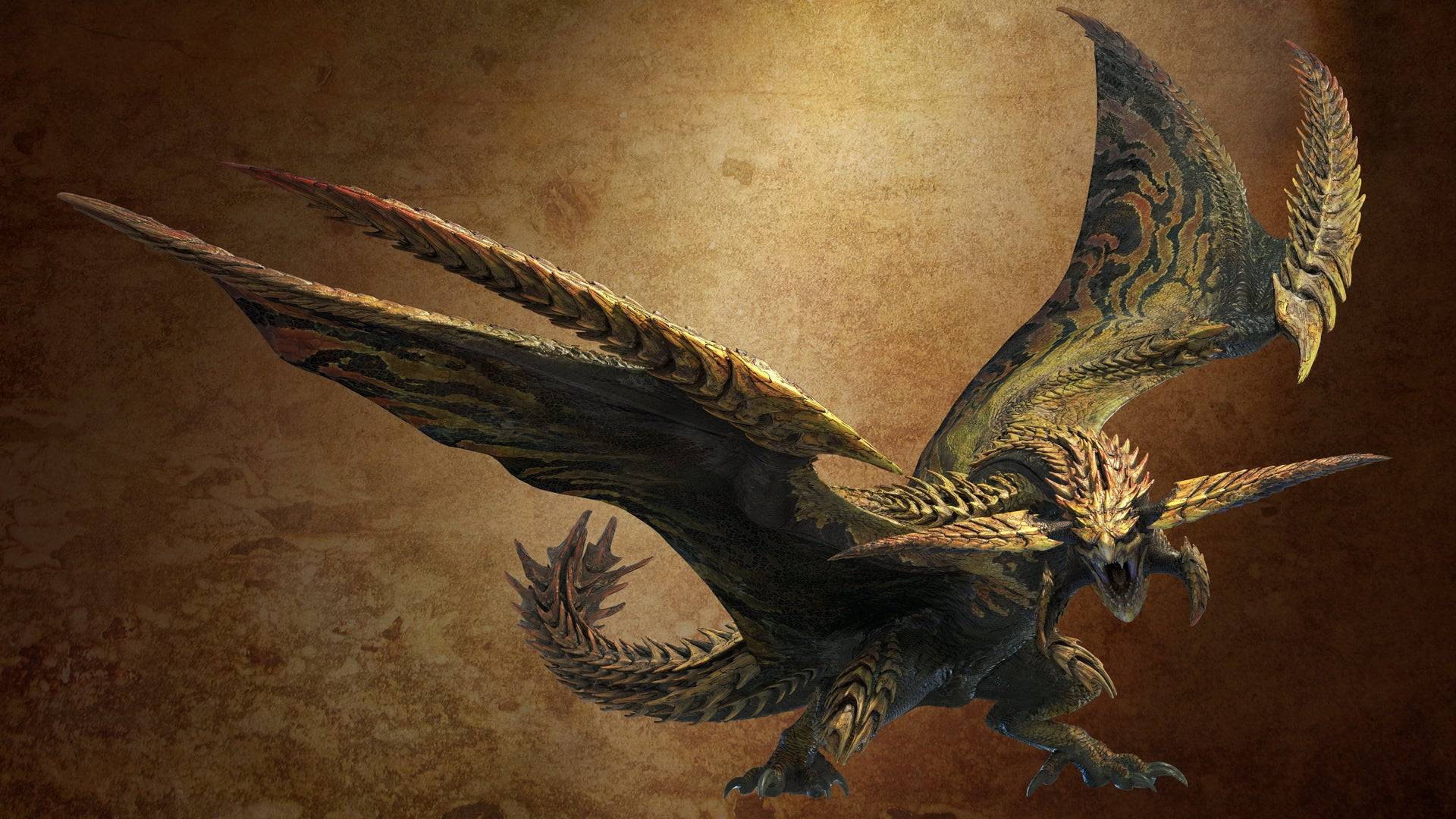
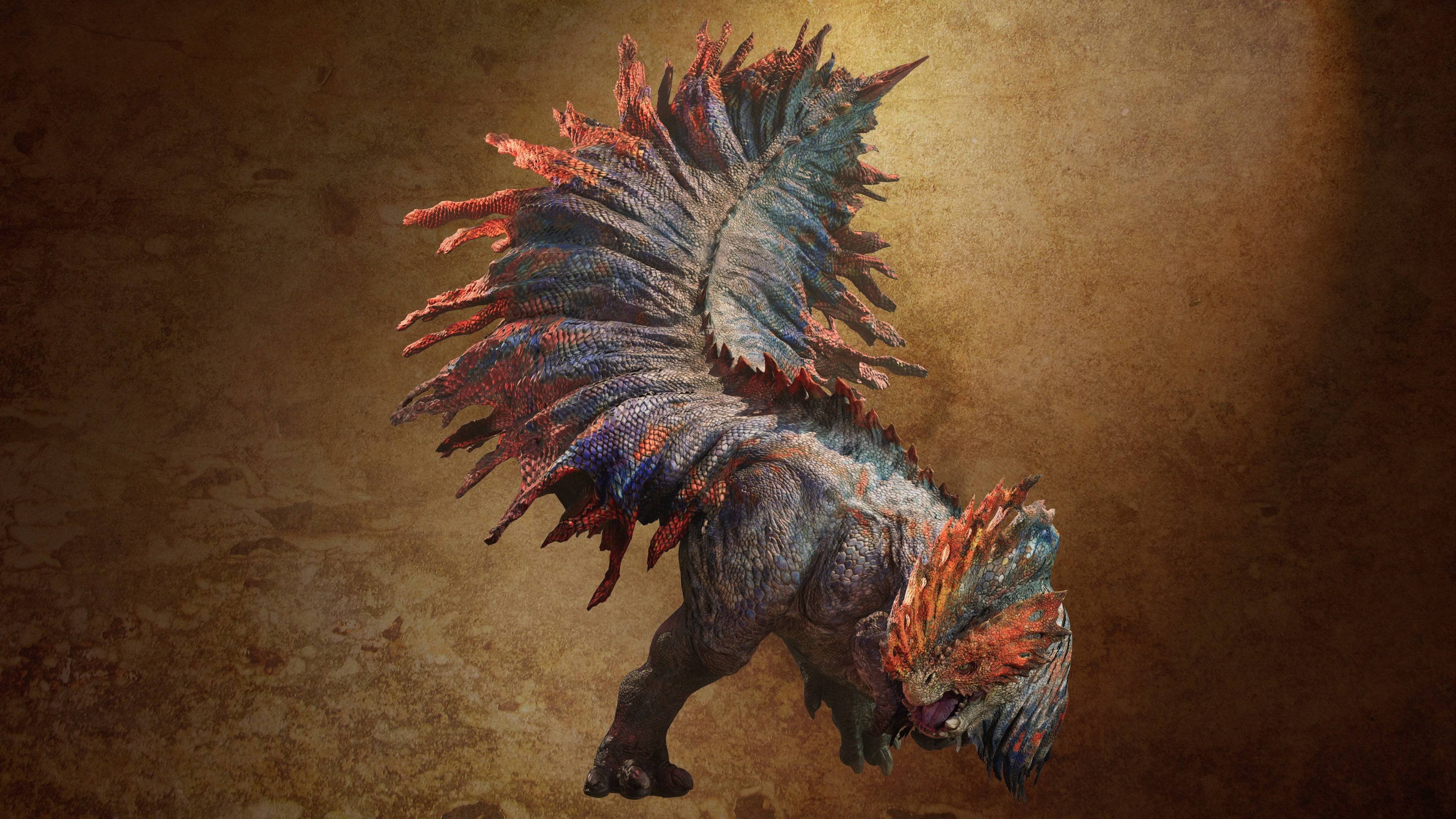
Early reports from users running the benchmark suggest improved performance compared to the beta test, particularly with Frame Generation enabled. However, the Steam Deck may not be up to the task, as my own tests on the device yielded less than satisfactory results.
Another notable change is the reduced storage requirement. Previously, Monster Hunter Wilds demanded 140 GB of SSD space, but it's now down to 75 GB. This reduction is surprising, given the trend of increasing file sizes in modern games.
For a deeper dive into what Monster Hunter Wilds has to offer, check out our recent IGN First coverage. It features thrilling encounters with apex monsters like Nu Udra, along with our final hands-on impressions of Capcom's latest Monster Hunter installment. Monster Hunter Wilds is set to launch on PlayStation 5, Xbox Series X and S, and PC on February 28, 2025.







 LATEST ARTICLES
LATEST ARTICLES 
